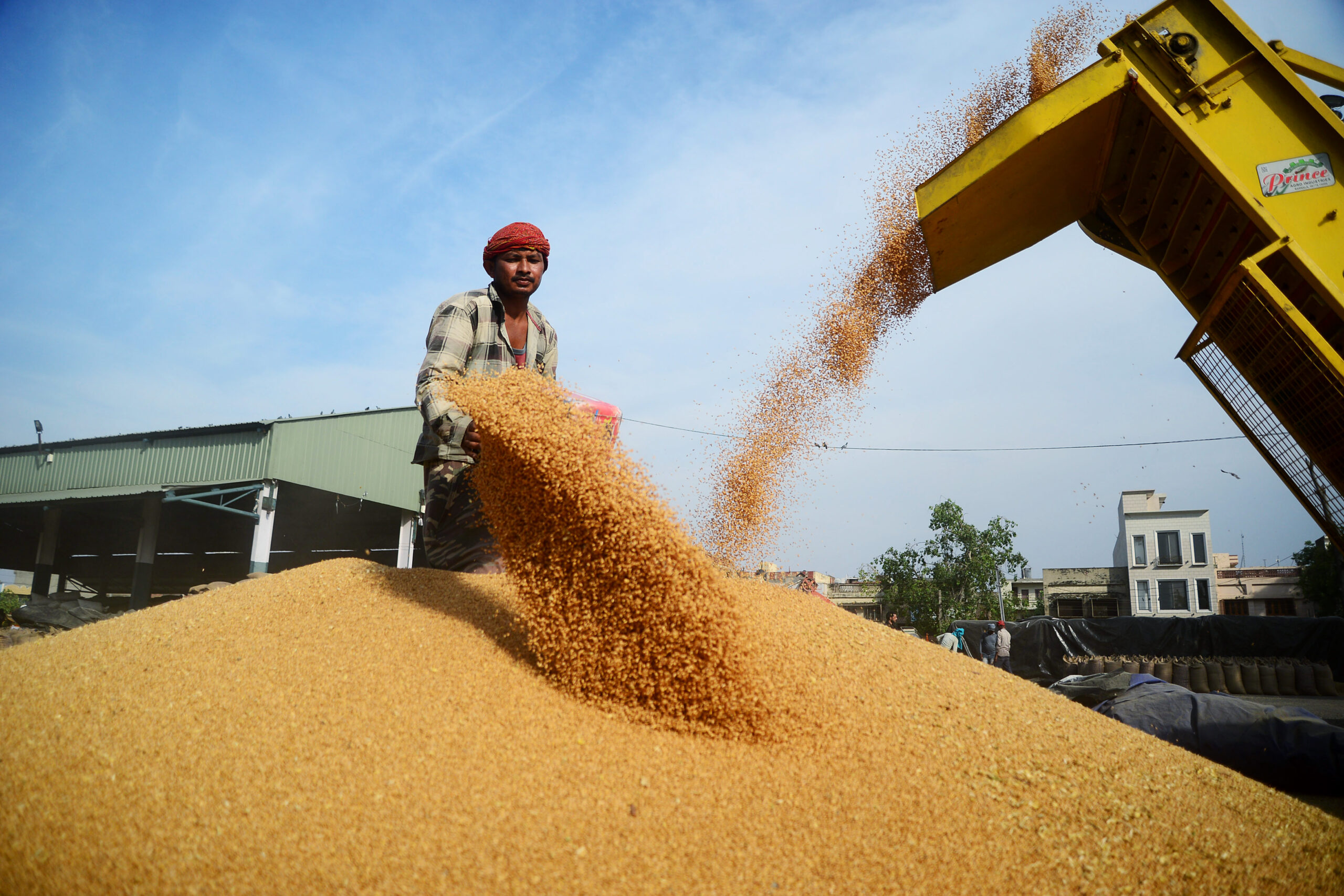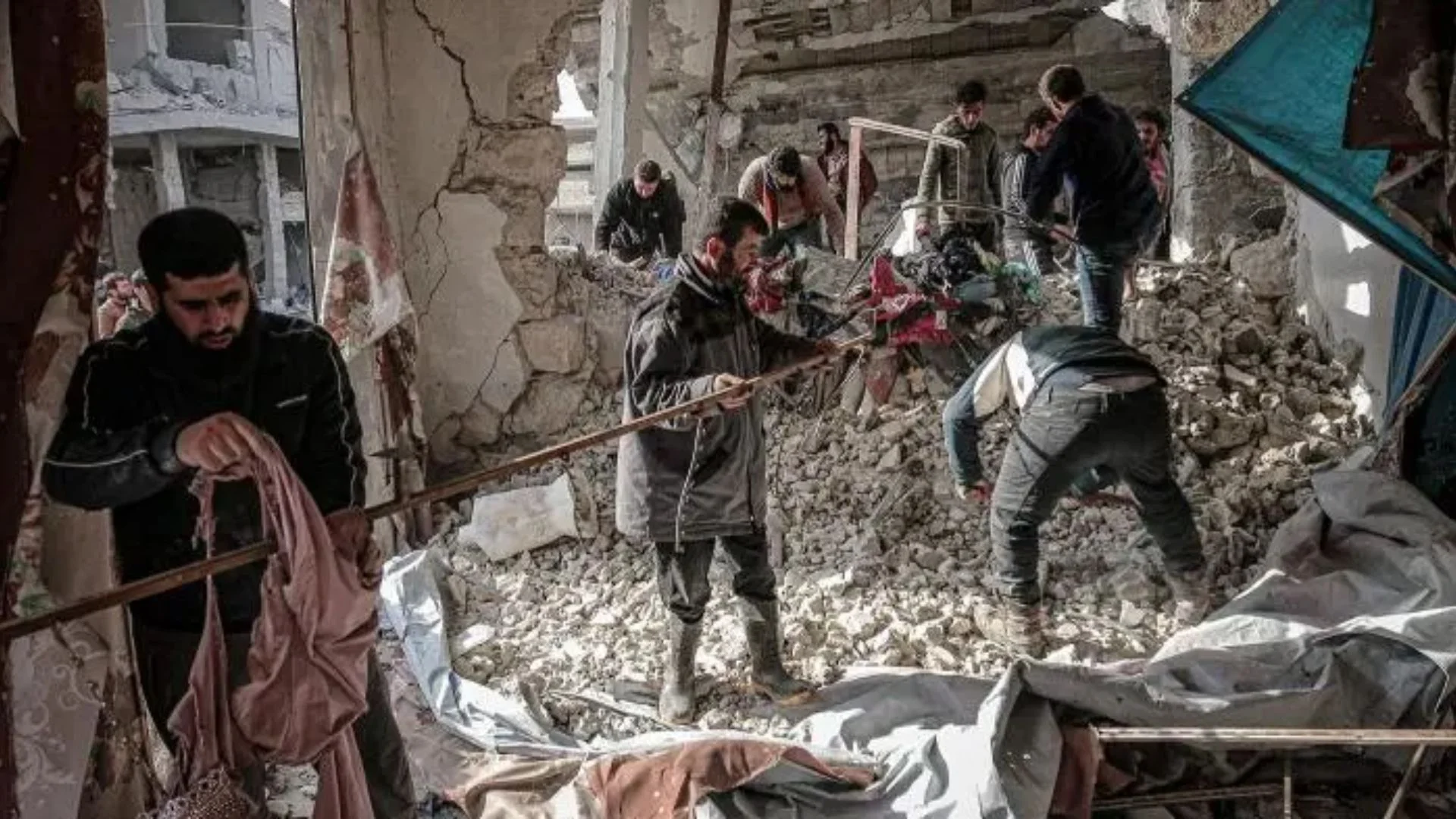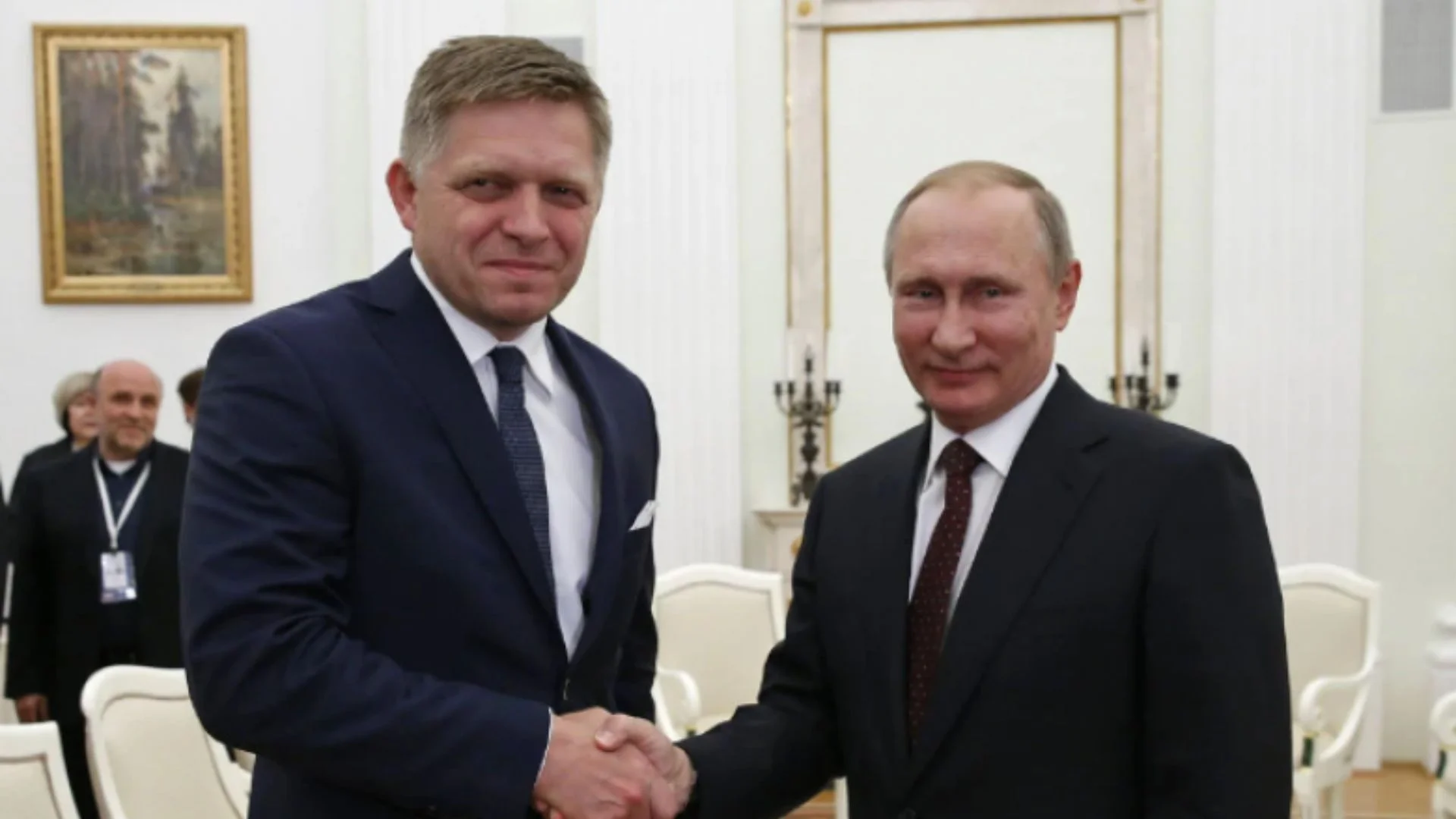Since 1965, French presidents have been elected by direct popular vote in a two-round
system if no candidate wins a majority in the first round.
The President of France holds significant executive powers, including the ability to appoint the Prime Minister, dissolve the National Assembly, and conduct foreign policy. French presidential elections have witnessed historic moments, including the election of the first Socialist president under the Fifth Republic (François Mitterrand in 1981) and the election of the youngest president (Emmanuel Macron in 2017).
Establishment of the Fifth Republic: The current system of presidential elections in France was established with the adoption of the Fifth Republic constitution in 1958, following the Algerian War and political instability.
First Presidential Election (1958): The first direct presidential election under the Fifth Republic took place in December 1958. Charles de Gaulle, a prominent World War II general and leader of the Free French Forces, was elected as the first President of the Fifth Republic.
Seven-Year Terms: Initially, the term of office for the President was set at seven years. This was later reduced to five years through a referendum in 2000.
Role of the President: The President of France holds significant executive powers, including the ability to appoint the Prime Minister, dissolve the National Assembly, and conduct foreign policy.
Direct Election: French presidents are directly elected by popular vote. If no candidate receives an absolute majority in the first round, a runoff election is held between the top two candidates.
Notable Elections
1965: Charles de Gaulle was re-elected in the first direct presidential election.
1981: François Mitterrand became the first Socialist president under the Fifth Republic.
1995: Jacques Chirac’s victory marked the first time a president from the Rally for the Republic (RPR) was elected.
2007: Nicolas Sarkozy, leader of the Union for a Popular Movement (UMP), won the presidency.
2012: François Hollande, of the Socialist Party, defeated Sarkozy.
2017: Emmanuel Macron, an independent centrist, won the presidency under the En Marche! movement, defeating Marine Le Pen of the National Front in the runoff.
Importance of Runoff Elections: Runoff elections have been pivotal in deciding the presidency when no candidate secures a majority in the first round, often influencing coalition-building and strategic voting.
Evolution of Political Landscape: Over the years, French presidential elections have reflected shifts in political alliances, the rise of new parties, and the evolving socio-economic concerns of the electorate.
Presidential Powers and Influence: The presidency in France is central to both domestic governance and international relations, with presidents playing key roles in shaping policies and representing the nation on the global stage.
Overall, the history of presidential elections in France showcases a blend of tradition, political change, and the democratic process evolving within the framework of the Fifth Republic.
Interesting facts
French presidential elections are not only significant politically but also culturally and historically rich. Here are some interesting facts about French presidential polls:
Direct Elections: France is one of the few countries where the president is elected directly by the people through a popular vote. This system was established under the Fifth Republic in 1958.
Two-Round System: French presidential elections use a two-round system. If no candidate receives an absolute majority (50% + 1) in the first round, a runoff election is held between the top two candidates.
Term Length: Initially set at seven years, the term of the French President was reduced to five years following a referendum in 2000. This change aimed to align the presidential term with that of the National Assembly.
Role of the Constitutional Council: The Constitutional Council plays a crucial role in French presidential elections by validating the candidacy of individuals and ensuring the fairness and legality of the election process.
First Round Dynamics: The first round of French presidential elections often features a diverse array of candidates representing various political parties and ideologies, including major parties, independents, and smaller factions.
Runoff Dynamics: Runoff elections in France have historically been pivotal moments where coalitions are formed, endorsements are sought, and strategic voting becomes crucial. This can significantly influence the outcome of the election.
Significance of Debates: Televised debates between presidential candidates are highly anticipated events in French politics. These debates provide a platform for candidates to present their policies, engage in direct confrontations, and sway undecided voters.
Bipartisan Politics: French presidential elections traditionally feature a second-round runoff between candidates from the two largest political parties or coalitions. However, recent elections have seen the rise of candidates from outside the traditional party structures.
Impact of Regional Dynamics: Regional variations in voting patterns and political preferences play a significant role in French presidential elections, reflecting diverse economic, social, and cultural landscapes across the country.
Historic Moments: French presidential elections have witnessed historic moments, including the election of the first Socialist president under the Fifth Republic (François Mitterrand in 1981) and the election of the youngest president (Emmanuel Macron in 2017).
Overall, French presidential elections are characterized by their democratic process, strategic campaignin g, and the role they play in shaping France’s political landscape and international relations.







